18 years ago, the world as many Americans know it, was changed forever. The terrorist attacks on September 11th, 2001 created a new era in American culture and is a day that will not soon be forgotten by all who experienced it.
The four hijacked plane crashes caused the destruction of the World Trade Center in NYC, damages to the Pentagon in Virginia and planned to crash into the White House, but was taken over by passengers and instead landed in a Pennsylvania field. Killing almost 3,000 people, injuring more and scarring all, this fateful day will live in infamy for years to come.
Many remember specific details of the exact moments when they heard the tragic news. Jolene Fields, a mother of PVHS students, current and former, has detailed memories of the event. “I remember unbuckling my son and daughter from their car seats at preschool when I noticed commotion in the parking lot and heard the news from another panicked parent, my heart sank,” she said.
Craig Parker, who has been teaching at PVHS for many years, was working in the building on the morning of the fateful day. “I was turning the lights on in my classroom to get ready for 1st period Chemistry when I heard the news from my coworker and instantly thought this day would be history in the making,” he said.
18 years ago people were more trusting, more innocent and less fearful. In crowded places such as airports, marathons, concerts and workplaces, there was no need to fear violence of any type. Now security standards are stricter, the way people view strangers has been twisted and the trust between civilians has been tarnished. On the 18th anniversary of 9/11, here are 18 ways the world has been forever changed:
- Airport security: Before 9/11, air travel was less stressful and officials were much more lenient. People could walk around airports completely comfortable, with basically whatever belongings they wished to have, and show up 45 minutes before boarding. Now, TSA agents must be strict, all bags must be thoroughly inspected, individuals are carefully examined and advised to arrive two hours before departure time.
- Travel efficiency: Extensive background security checks of individuals and bags take longer than ever before to ensure safety, but increase the time allotted for air travel and lengthen the entire process.
- Terrorist watchlists: Now, our government is highly suspicious of those who have any relations with terrorism groups, violent actions or interest in design of bombs and firearms and keep tabs on all who give red flags.
- Faith in the government: After this date, radical conspiracy theories have been construed to blame or imply these attacks are actions from within our own government. While many are not meant to be serious, overall trust in the government decreased after the attacks as people felt let down by the tragedy.
- Public behavior: Nowadays, people must be extra careful of the words they use at public events and the way in which they behave. Remarks, even used in a jokingly manner about bombs, firearms or death are unacceptable and are reason to cause panic among many fearful citizens. It is necessary to keep a conspicuous, non-suspicious demeanor during large gatherings than ever before because awareness is heightened.
- Public language: Talk of bombs, violence or terrorism has always been unacceptable, but now more than ever ,as this speech often inspires flashbacks within those who were alive at the scene or heard the news, and creates irrational fears.
- Physical appearance: Clothes that seem to support or state any form of violence, especially with bombs or affiliation with certain groups, are noticed more, again keeping a conspicuous physical appearance and not trying to be unseen are important to keeping others calm.
- View of the US to the world: During these attacks, the world saw the US could be vulnerable, and susceptible to attacks, but also could rise together to become stronger and fight to defend the safety of individuals.
- View of the world to the US: Suspicions of other countries surely increased among US citizens, and the fear of more attacks were very prominent. This began the War on Terror, America’s current and longest war in history, against the middle-eastern world.
- Role of emergency professionals: Today’s police officers, firemen, paramedics, first responders and military personnel must be prepared to face situations of terrorism and have the knowledge on how to protect themselves, their coworkers and citizens in need.
- Terrorism protocol: Never before were protocol and specific drills at workplaces necessary until 9/11, now blue and white collar workers all over must be prepared for events like these, and it looms in the minds of many constantly.
- Childhood culture: Many new or soon-to-be mothers felt fearful of the world they did or would bring new life into. For many, this fear still exists today, and they strive to work toward a future where children and their parents can feel safe in the world they are growing up in.
- Cultural diversity: More prominent soon after the attacks, but nevertheless still existent today, there were less interracial relationships, romantic or platonic, between Caucasians and Middle-Easterners and a huge rift was created between the two cultures.
- Racial profiling: Especially toward those of middle-eastern descent, it became increasingly common for US citizens of other backgrounds to be fearful of them. Because they may racially resemble the attackers of this fateful day, people associated them with terrorists and treated them with extreme racism.
- Acceptance of racism: Soon after the attacks, it was more publicly accepted to be fearful and condescending to those of middle-eastern descent because people looking like them had just committed this heinous crime. This problem still persists a bit today, but has lessened since the 2000s and early 2010s.
- Individual privacy: After this fateful day, people are more afraid than ever of other people. For many, as Fields points out, “trust in people was lost that day and the realization that people hurt others on purpose was hard to face.”
- Trust between strangers: No longer as willing to create relationships with strangers among them, US civilians have become increasingly more individual people by isolating themselves from anyone they didn’t know.
- American pride: Although strangers felt less compelled to share information about each others lives, many still felt connected to each other in a small way with the traumas they share of this date. Going along with this fact, many felt proud of their country’s resilience and perseverance in a time of vulnerability.
Now a lot less innocent and certainly more callous, Americans will remember this day for the rest of their lives. A tragic event with no shortage of bloodshed destroyed the lives of many, yet built a community within the nation still persistent today.



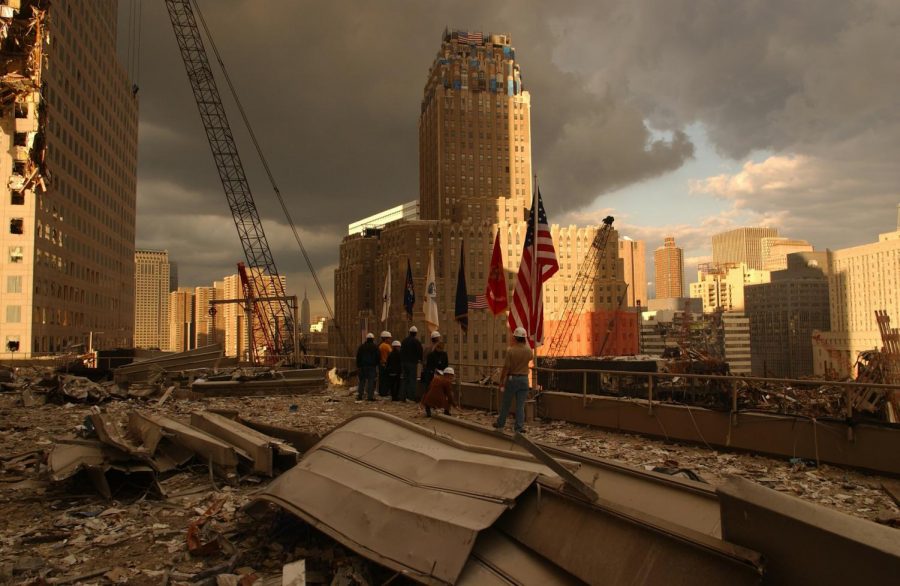
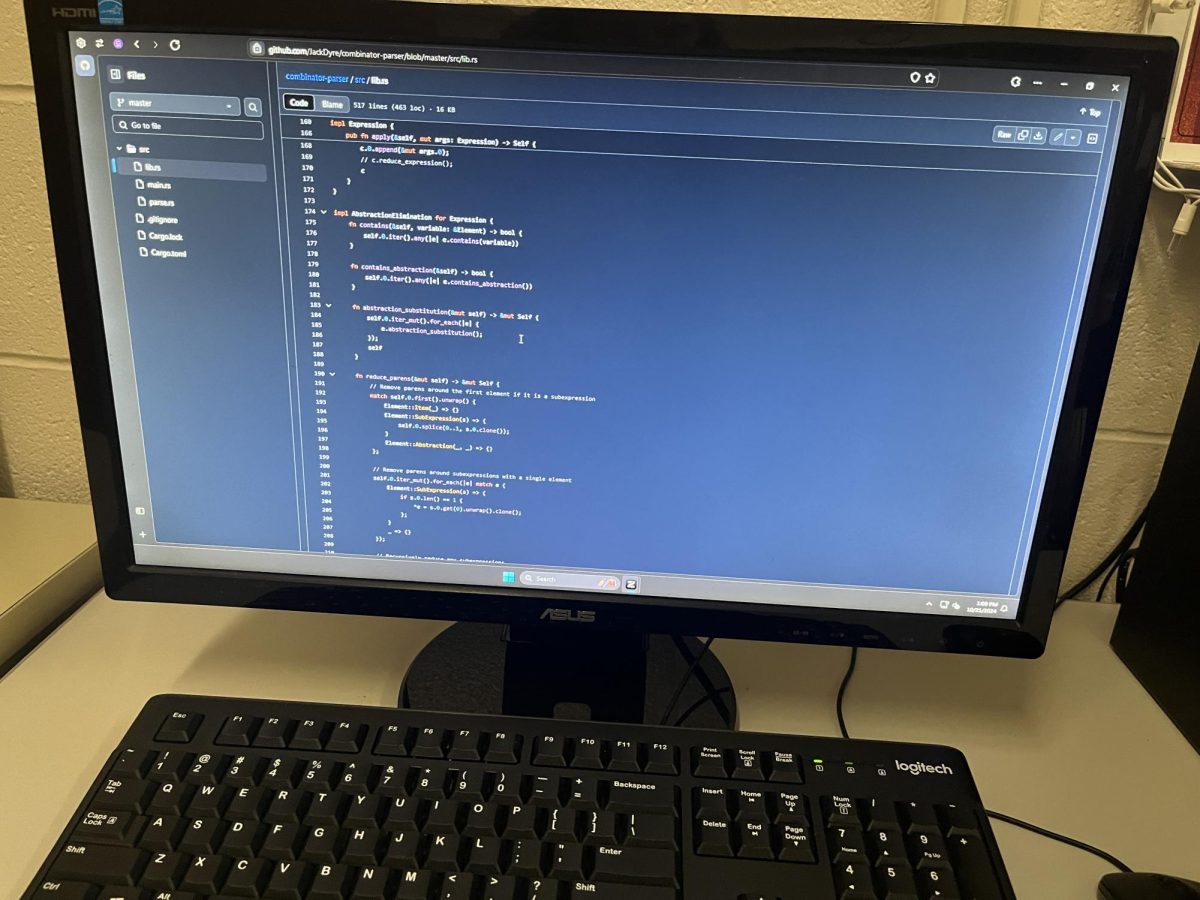
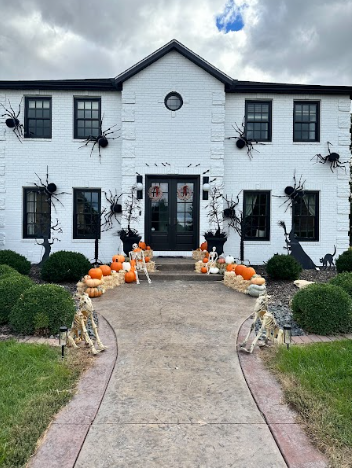
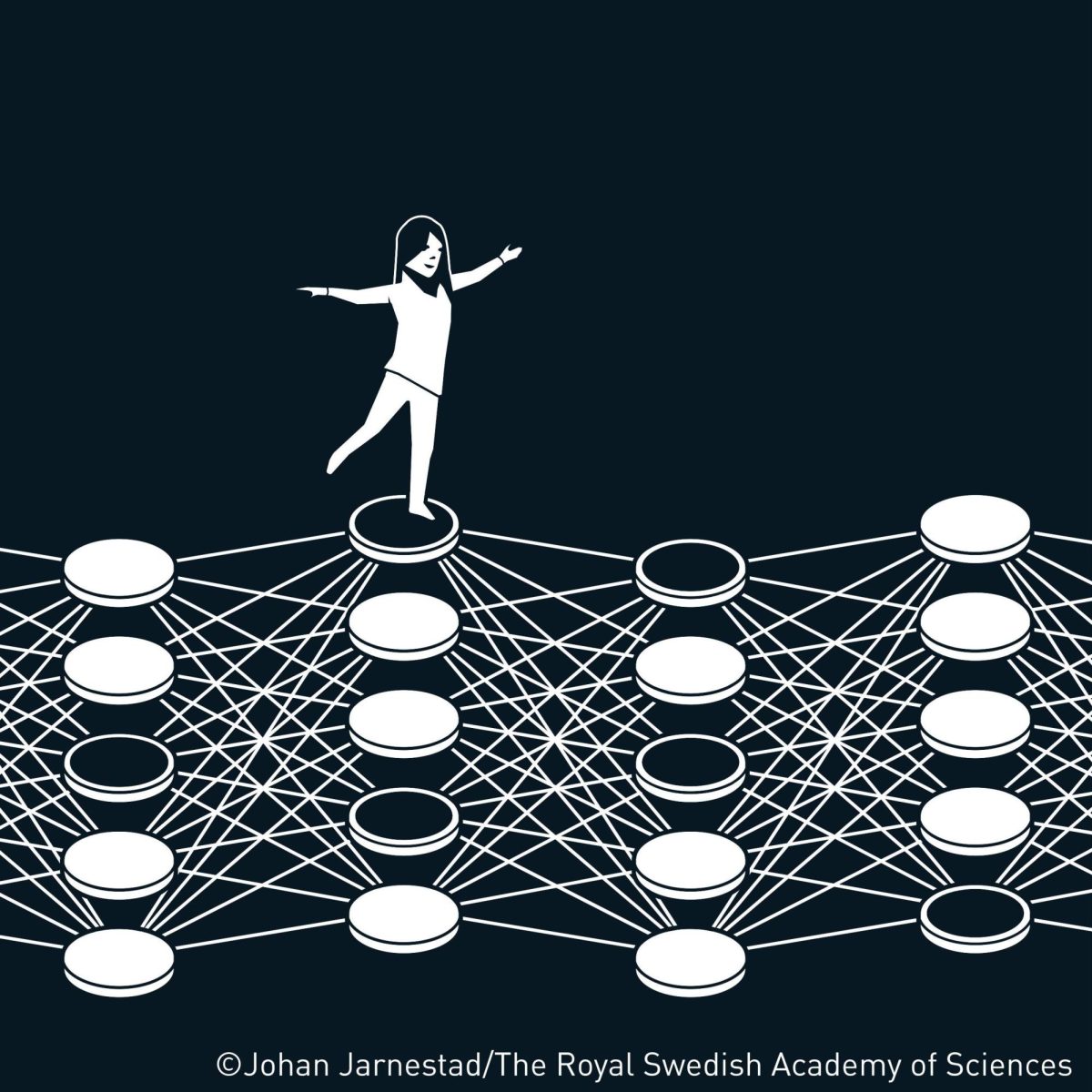
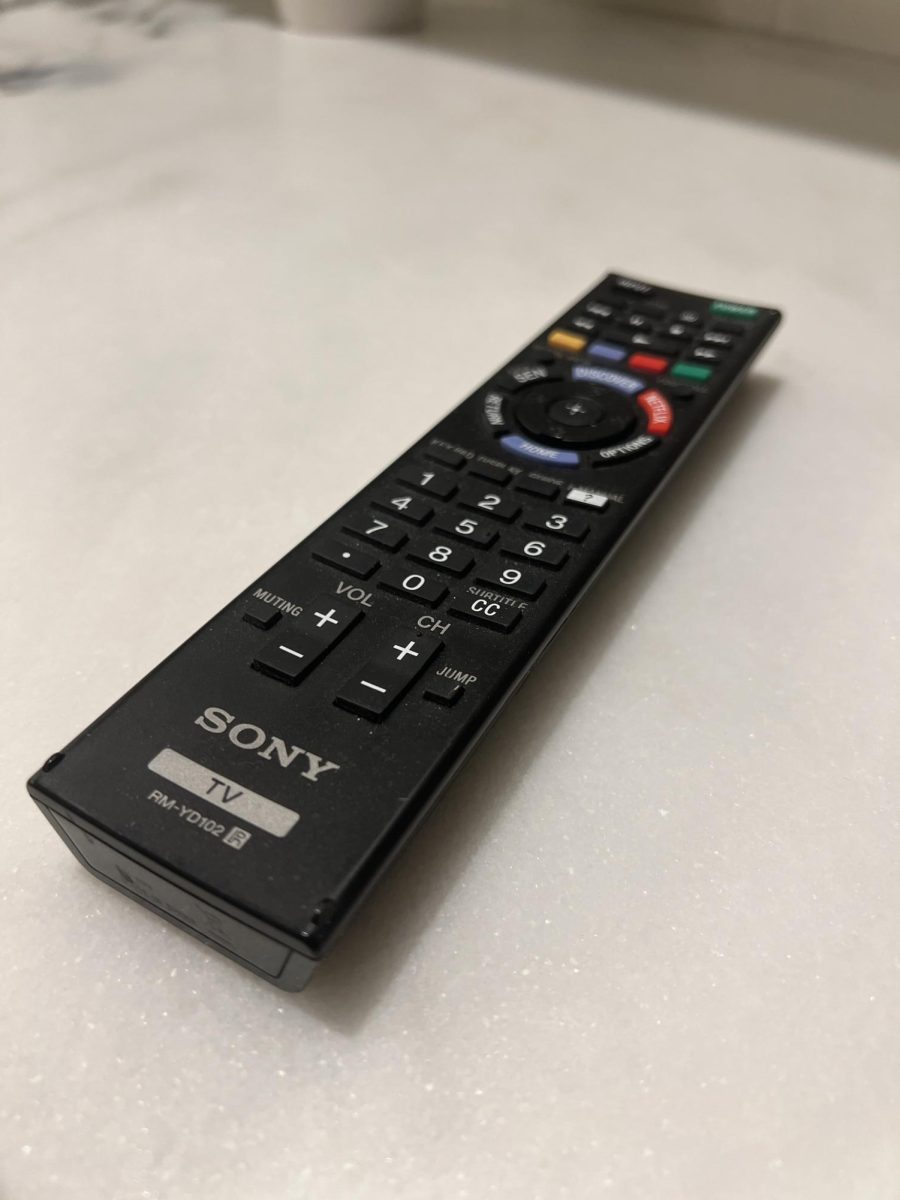
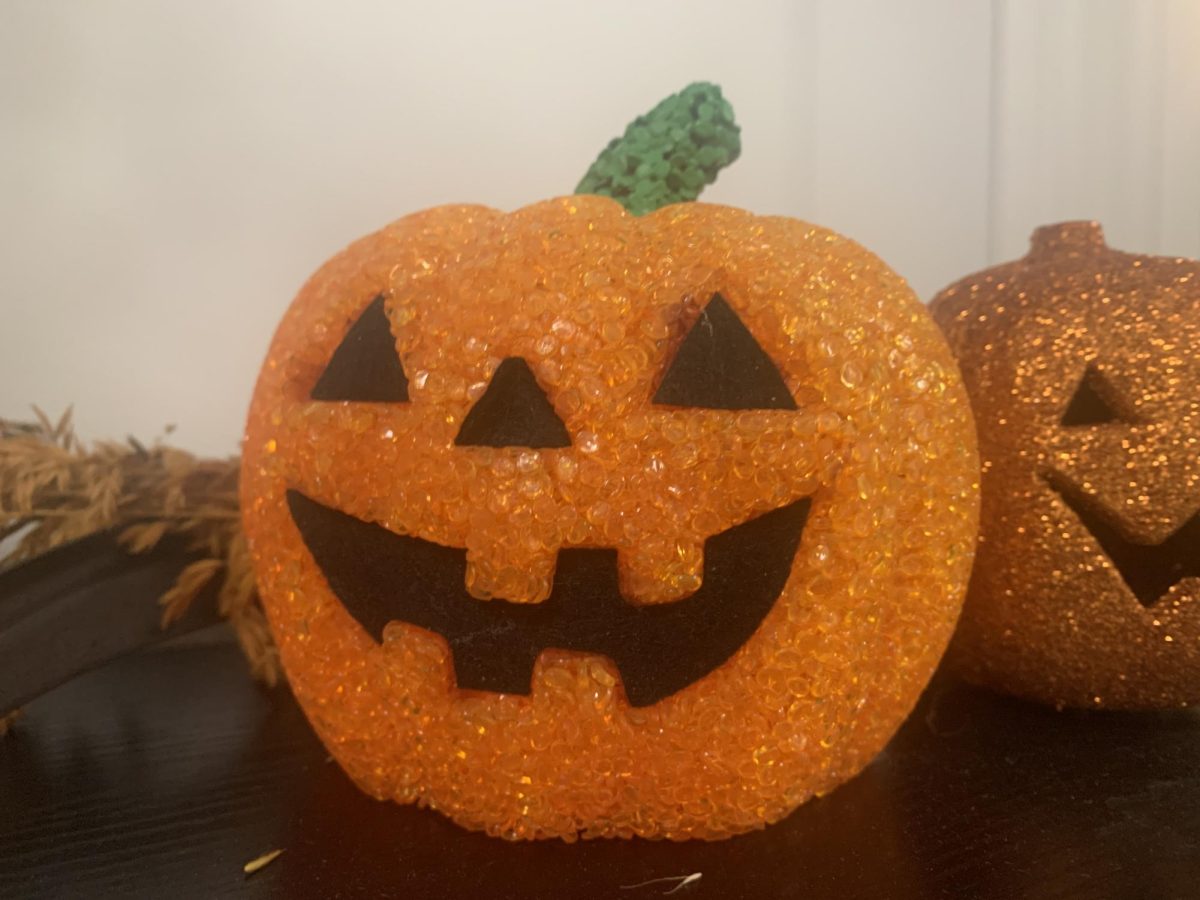
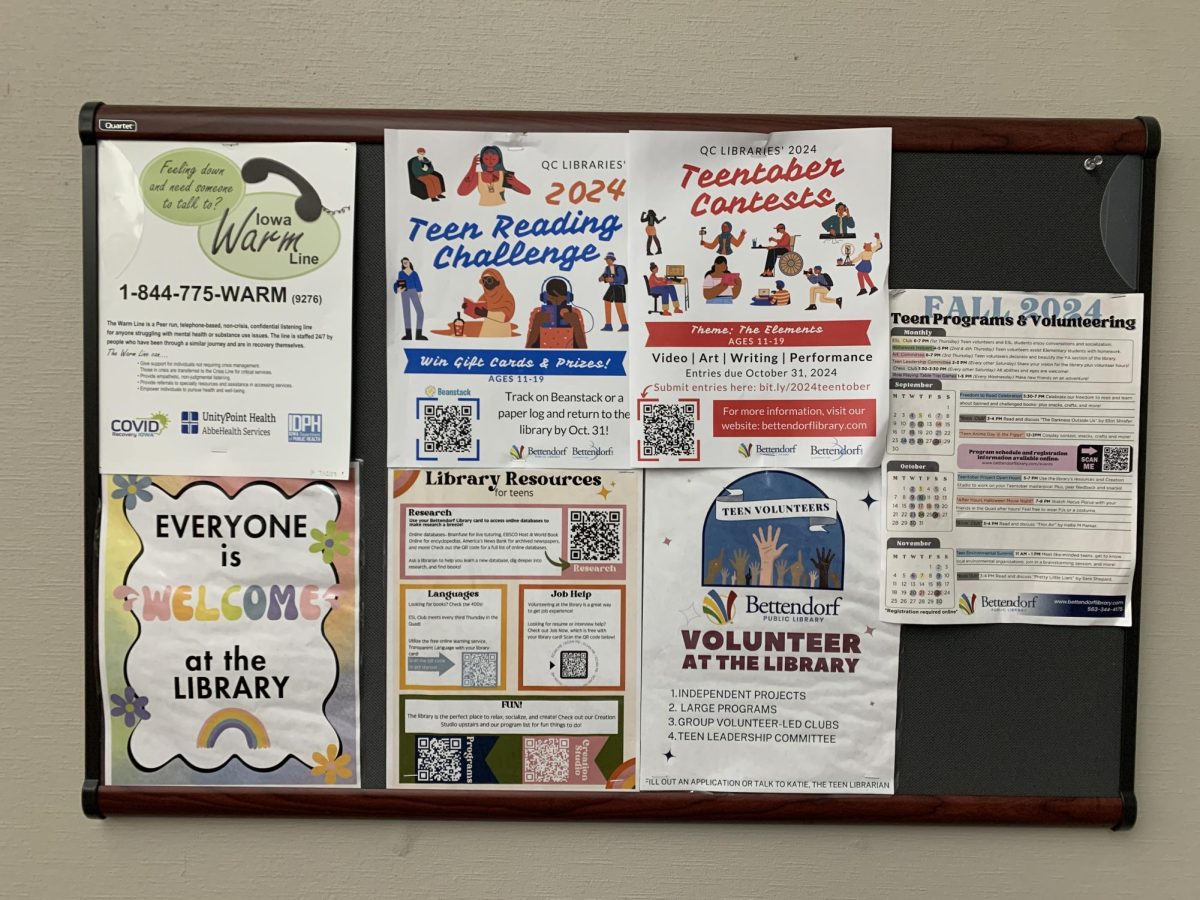
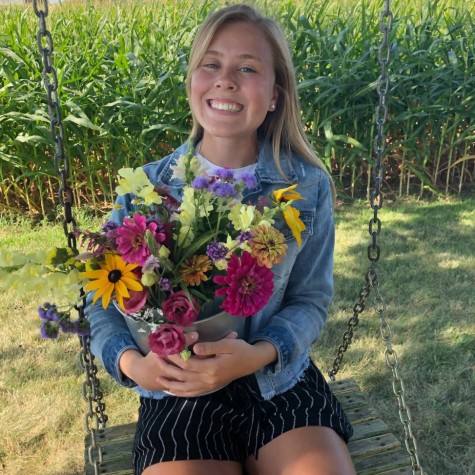
Bailey Sorenson • Sep 27, 2019 at 9:12 am
Very interesting facts about how things have changed since 9/11. One thing I noticed this year is that we never had an announcement about 9/11 and it was never mentioned in any of my classes besides journalism. I also found your commentary on the acceptance of racism interesting, especially because of the comments our president has made about people of middle eastern decent.